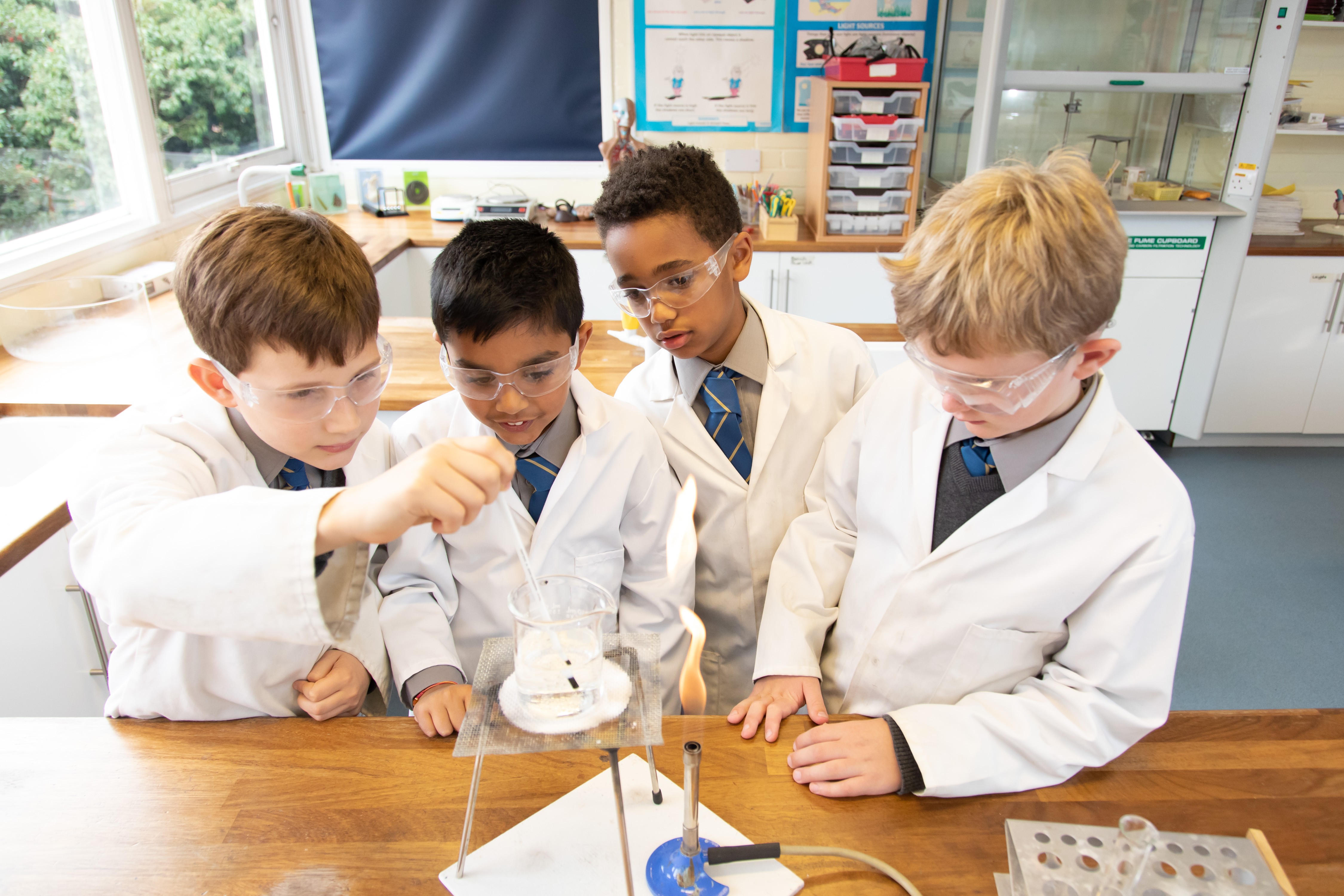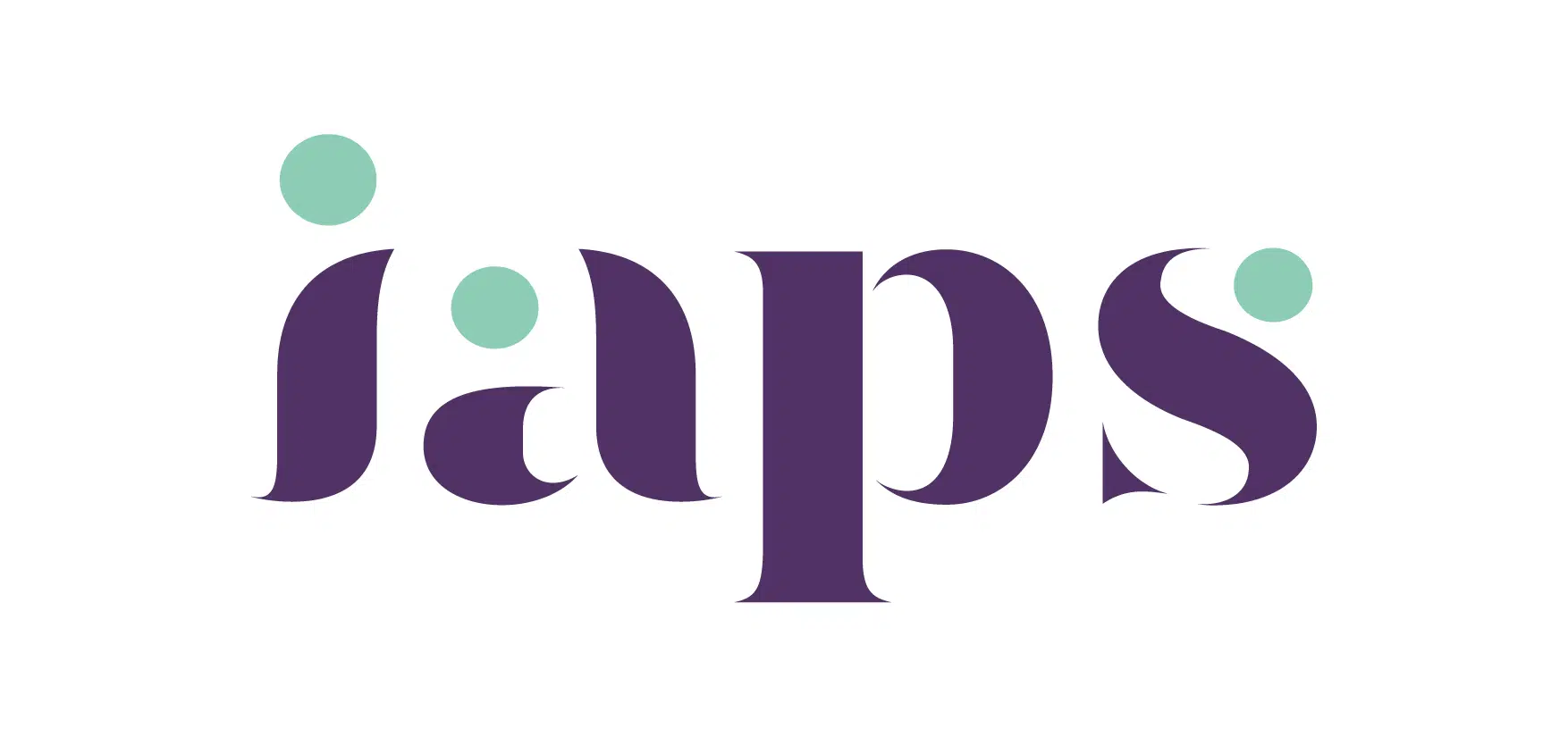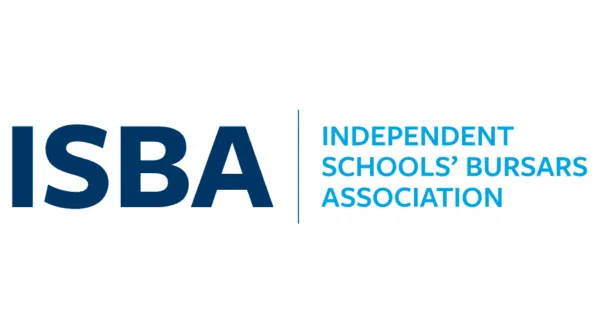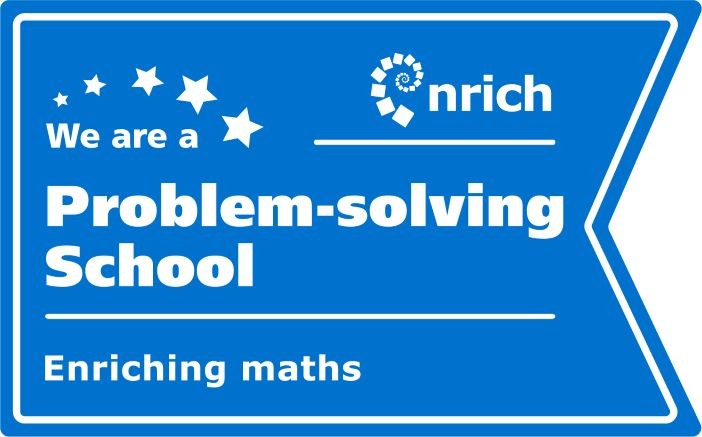At Solefield, we do not have setting or streams. All our classes, from age 4 to 13 are mixed ability. This is quite unusual in this country although mixed attainment grouping is common in high achieving educational systems such as Finland, Japan and Canada.
Our classes are small enough that each child receives an individualised curriculum and lessons planned exactly for their abilities and needs. We ensure that every student is intellectually stimulated.
Different teaching styles and lots of careful planning are required, moving away from didactic methods. We include a mix of group and individual work, closed and open-ended tasks, directed and carefully considered questions and a varied pace. We identify those who need support and stretch, based on how they are performing in a particular lesson or topic lesson, rather than on a previous test result. A pupil who may otherwise be in a bottom set may pick up a concept faster than one supposedly in a higher set but could be limited by the design of a lesson aimed exclusively at low attainers.
We try not to set tasks with right or wrong answers. This prevents a student achieving 100% the first time they try, while another pupil obtains 20% – a situation that is likely to reinforce pre-existing beliefs about a pupil’s own intelligence. Instead, we use carefully differentiated activities, often made with particular pupils in mind. All students therefore feel involved in a particular topic or discussion, even though individuals may be working on different aspects of it.
“We are seeing a work ethic, interest and engagement in our son that we have never seen before.” New Parent
We have found that this is extremely successful and contributes, not only to the academic excellence shown by many of our pupils, but to the happy atmosphere at Solefield where each pupil feels valued. Mutual respect, support, understanding and tolerance are developed between all our boys.
It is challenging and requires enormous commitment from dedicated, capable, specialist teachers. Building and sharing teaching skills and ideas has taken work. Our teachers all create differentiated planning for the students. It leads to some great conversations and an influx of strategies. In our departmental and whole school meetings, we now share ideas or resources that have been tried and tested.
Our subject range is diverse and no student will always be the best, or the worst across the board. In our mixed attainment groups, we have seen some of those students who would normally be in a lower ability set, gain a confidence-boost when they pick up a new idea faster than a student who usually excels. We also avoid the errors of selection that can occur where students are incorrectly assigned to bands, streams or tracks.
We encourage our boys to teach each other. They work in a variety of groups and pairs, sometimes with other of the same or different abilities, depending on the activity. Confidence blossoms. Students benefit from working with others who are at different ability levels through developing a growth mindset around the target skill and gaining a better understanding of their own strengths.
For those at the top end of the class, we stretch and challenge them by increasing the depth, rather than the breadth, of their learning. Instead of adding in extra content for the high-fliers, we’re making space for any student to explore the questions covered to a range of depths, depending on how well they are picking up ideas in a particular lesson.
Student performance is not a self-fulfilling prophecy at Solefield. We have a “can do” attitude to learning. There is potentially less negative labelling of students. Our Scholarship Pathway Programme in Years 7 & 8 sees all pupils working towards a scholarship in vertical groups in the area that they find most interesting – art, music, drama, sport or academic. This has led to some pupils who would not ordinarily have taken a scholarship exam feeling confident enough to try for one, and, in several cases, succeeding. The power of self-belief is not to be under-estimated.
The effect of our mixed-ability groupings on our boys is very positive, as is borne out by our excellent academic results at 11+, ISEB Pre-test and Common Entrance every year, allowing us to feed some of the most prestigious grammar and independent schools in the country. Perhaps the most important outcome, however, is how our young men feel about themselves when they move on to the next phase of their schooling. In a survey sent to leavers’ parents in Summer 2020, this was the most striking piece of feedback; that their sons leave us happy, confident and self-assured.









